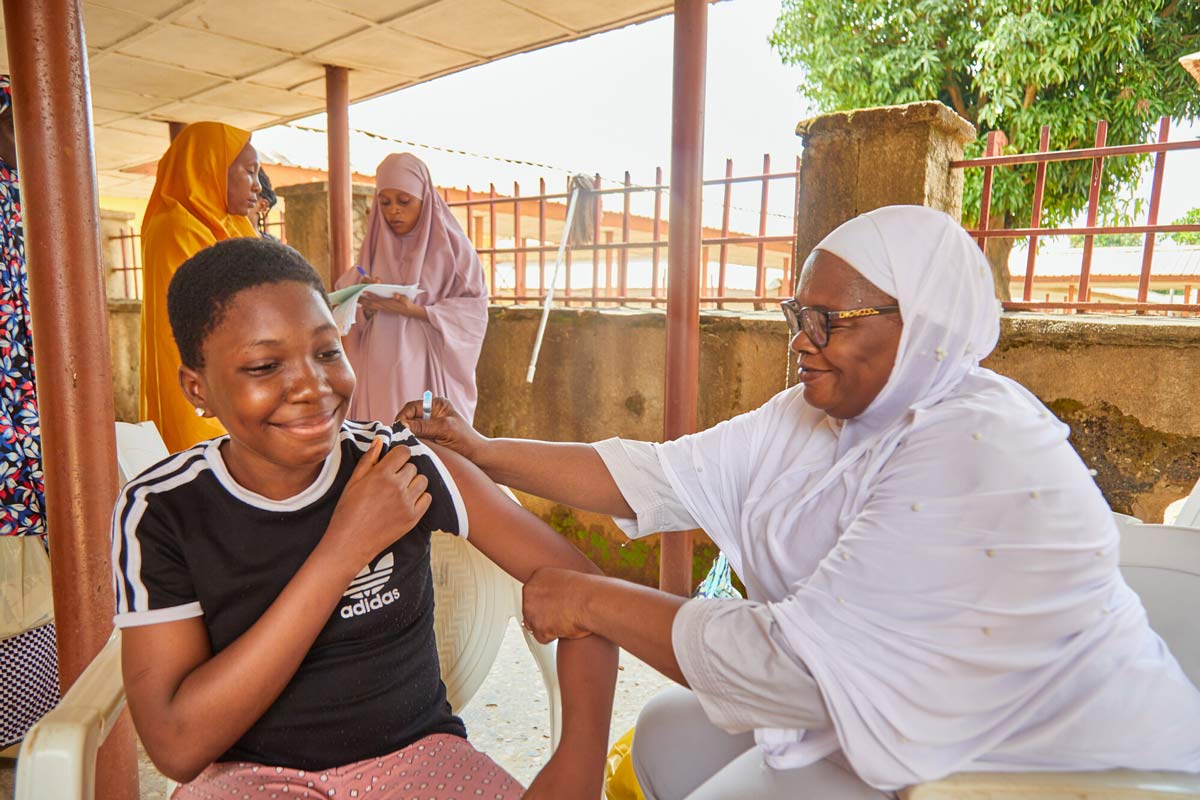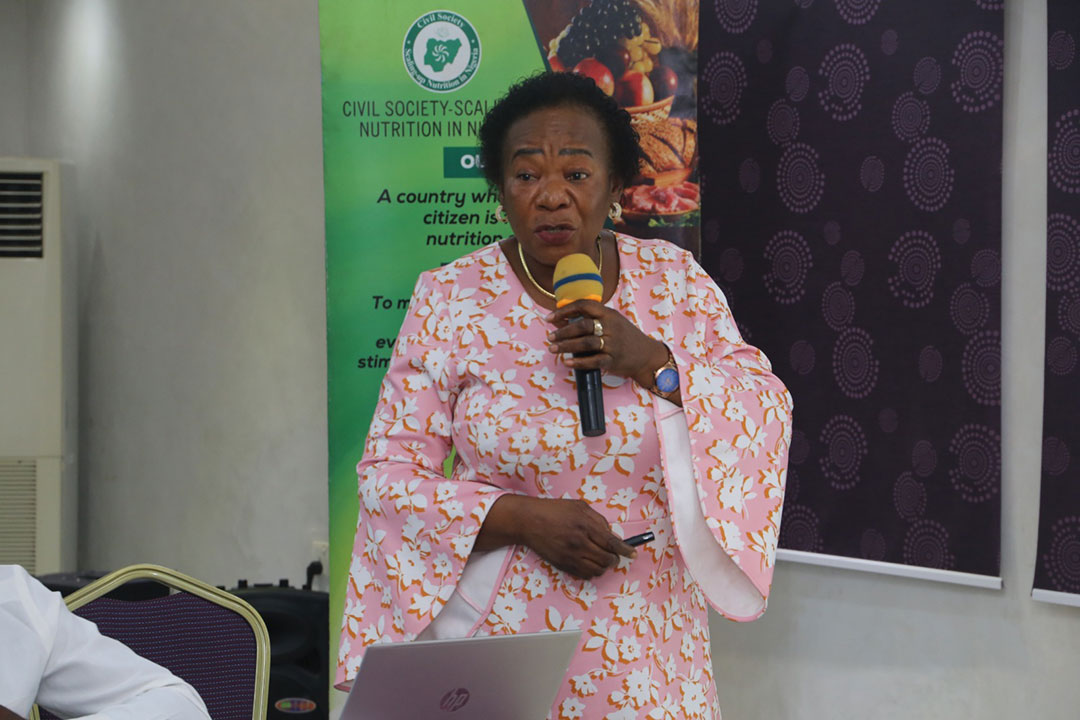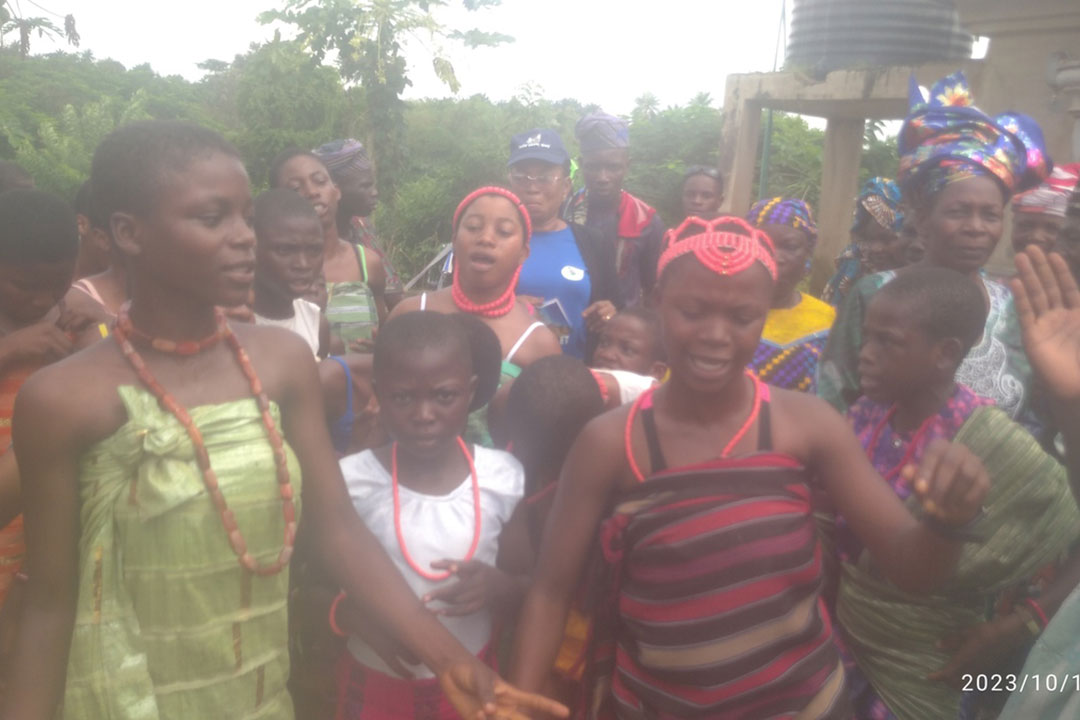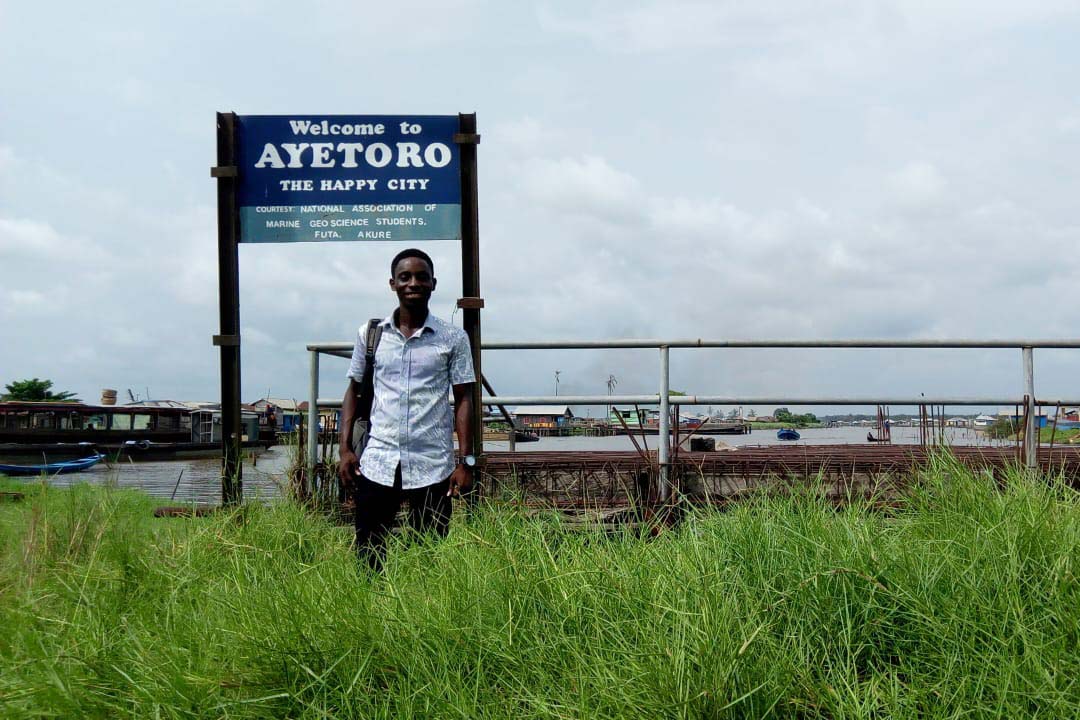How women in Ibasa, Nigeria, defy the odds to have their children immunised
Faced with multiple challenges, the women of Ibasa Community aren’t letting these get in the way of their children’s health.
- 15 June 2022
- 3 min read
- by Royal Ibeh
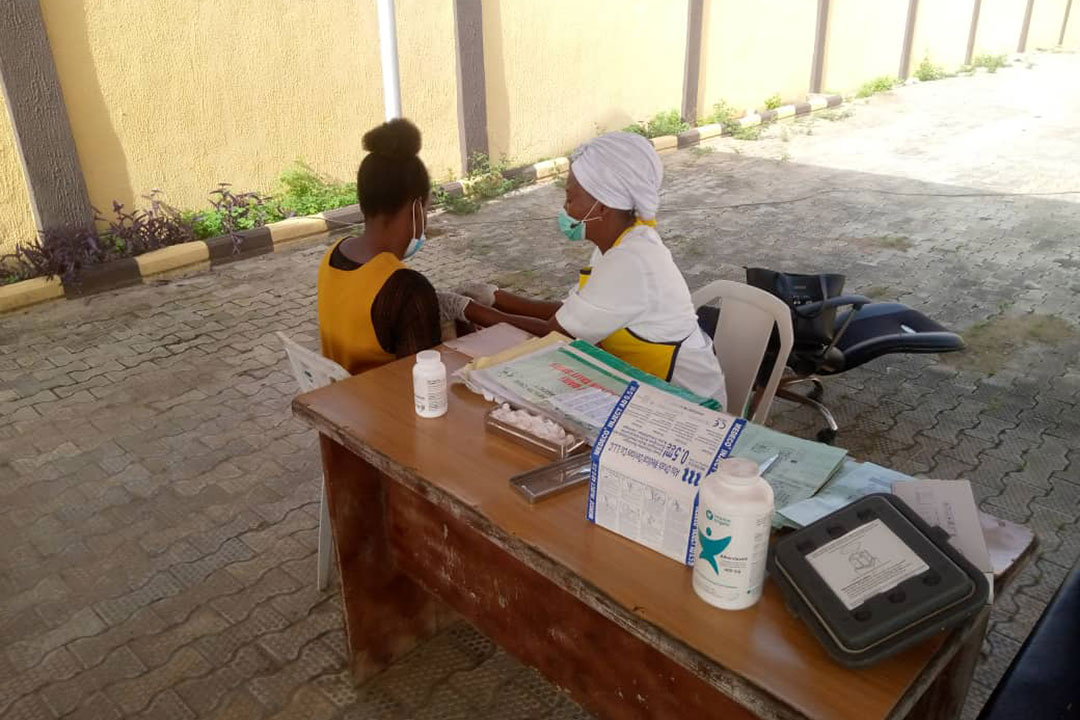
Bamishe Odinakachukwu, a mother of four, has been living in Ibasa community, located on an island in Amuwo Odofin, Lagos State, for more than 15 years.
There is no functioning Primary Healthcare Centre (PHC) in Ibasa and the other communities on the island.
“My nine months old son means everything to me. If I had to cross the river daily for him, I would do it. We are hopeful that the government will provide a clinic on the island. It would go a long way in improving maternal and children’s health on the island.”
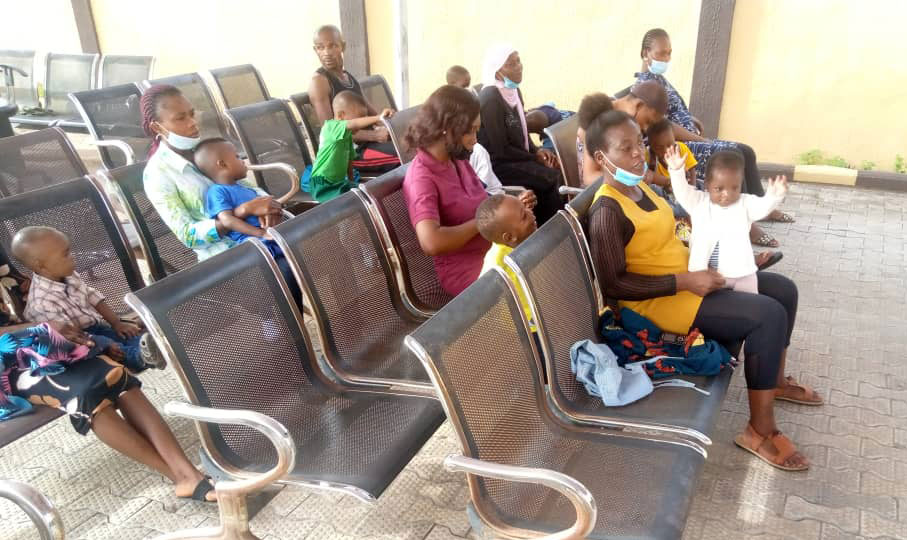
Credit: Royal Ibeh
“We have to cross the river to get to the nearest health centre to give birth and not everyone survives this. And once you have successfully given birth, the next challenge is accessing health services, including vaccination. Because I knew I would have to cross the river monthly, the first thing I did was to learn how to swim, so that, in case of any incident, I could save my and my baby’s life,” she says.
Despite these challenges, Odinakachukwu and other women in Ibasa community make sure that they never miss any of their children’s immunisation appointments.
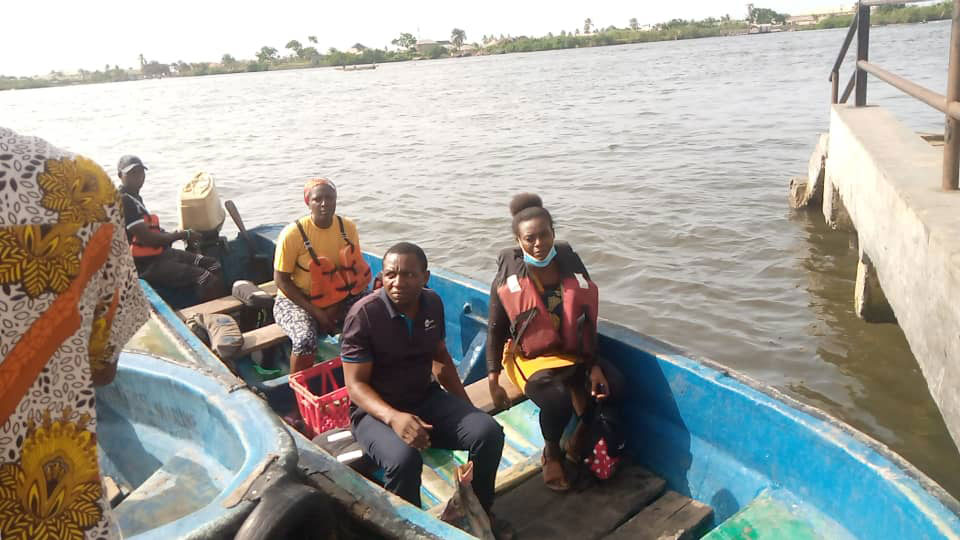
Credit: Royal Ibeh
She adds, “We have seen cases of measles and other diseases and my children mingle with other children in the community. The only way to protect them from vaccine preventable diseases is to ensure that they are vaccinated. I am so happy I was able to vaccinate all my children and I have seen the benefit of my efforts,” she explains.
Have you read?
Her fourth child is five years old and, according to his National Primary Healthcare Development Agency Child Health Card, her son has completed all his age-specific vaccinations.
On her son’s vaccination day, Anna Chijioke is up at 05:00 and by 07:00 she is already at the waterside to cross to the other side, where Ijegun Public Health Centre is situated.
“My nine months old son means everything to me. If I had to cross the river daily for him, I would do it. We are hopeful that the government will provide a clinic on the island. It would go a long way in improving maternal and children’s health on the island,” she says.
Odinakachukwu agrees, saying, “There are women in the Ibasa community who have not immunised their babies, not because they don’t want to, but because they don’t have the money to transport themselves to the nearest health centre. These children only get vaccinated when healthcare workers come to the community to do outreach programmes or when it is time for a polio vaccination campaign. If there is a clinic on the island, a lot of them would bring their children for vaccination.”
